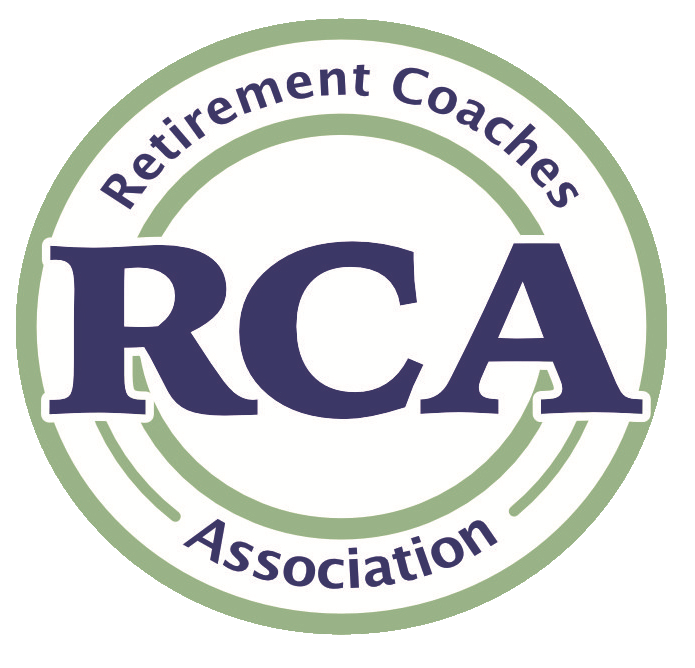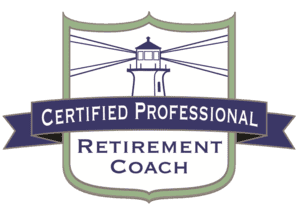Today, retirement is a winding road with bumps and potholes along the way, as well as new choices and options. Retirees are finding that retirement security isn’t just found in a checkbook
It’s also about health and wellness. Having a sense of purpose and meaning. Loving life. Knowing family and friends are there for support. Feeling comfortable about the present and knowing you have a sound and flexible plan for the future.
More and more, the “road” to retirement requires a holistic approach that encompasses all the elements of what a successful retirement can be, including health, personal fulfillment, family and finances.
Why a holistic approach to retirement planning?
Past generations often did not have as many options for their golden years as exist today. It was often school, then work, then retirement. And retirement might have meant more time for golf, grandkids and a trip now and then. But today’s older adults are changing the definition of retirement, with everything from working flex time to starting new careers to choosing leisure activities that add significant meaning and purpose to their lives.
The result is a holistic approach to retirement, recognizing that it takes more than financial security to benefit from longer lifespans. It calls for creating a plan that aligns with your values and overall goals for a high quality of life.
The 4 pillars of holistic retirement planning
Research conducted by Edward Jones identifies four pillars of holistic retirement planning:
#1: Health
As important as financial security is, today’s retirees recognize that having good health is key to a successful retirement. Not only can you do more when you are feeling well, you also are able to protect more of your retirement savings from the costs associated with chronic disease. And when you realize that most Americans spend 10 years in poor health, you can see why many say health is the new wealth.
#2: Family
The modern family has expanded and often includes others besides blood relatives. Retirees often worry that they may one day be a caregiver for a spouse, and at the time, they want to provide support to younger family members if possible. In addition, retirees who are solo agers face the challenges of having no immediate support system. Research has shown how dangerous isolation and loneliness can be to a person’s mental, physical and emotional health. Factoring in social interaction and support is key to holistic planning.
#3: Purpose
Having a strong sense of purpose and meaning provides big health benefits for older adults, as does volunteering. Yet many retirees find themselves with hours of unfilled time, which can lead to health issues as well as an overall poor quality of life. When you can afford to get out and do more, and spend more time with others, you benefit in many ways.
#4: Finances
As the saying goes, it’s not just what you have, it’s what you do with it. Saving enough money over the years for the retirement you want is hard enough, but so is managing wealth once you have achieved it. The key for smart financial security is to plan for how you want to live, not just what you’ll need.
These four pillars are just one example of how to approach holistic retirement planning. You might identify other categories that matter to you. The point is, the longer you live, the more money you need to do all the things you have in mind. But you won’t be able to do these things if you don’t have your health, or most likely, a strong support system for times of need. And through it all, you want to feel a sense of purpose and meaning in everything you do.
Life changes. Retirement plans change. The definition of financial security can change in a big way. The key to reaching your desired destination is to find the path that works for you, and make adjustments along the way.
Get a customized roadmap you’ll need to reach your retirement goals
If you’re age 55 or over and are feeling at odds with how to achieve the retirement lifestyle goals you desire, you’re not alone. Many high-achieving, driven career professionals of retirement age feel suddenly rudderless and adrift at this time of life.
All you need is some extra support and guidance to finally make the retirement lifestyle of your dreams your achievable reality. It’s all possible, with Retirement Lifestyle Coaching on your team.




